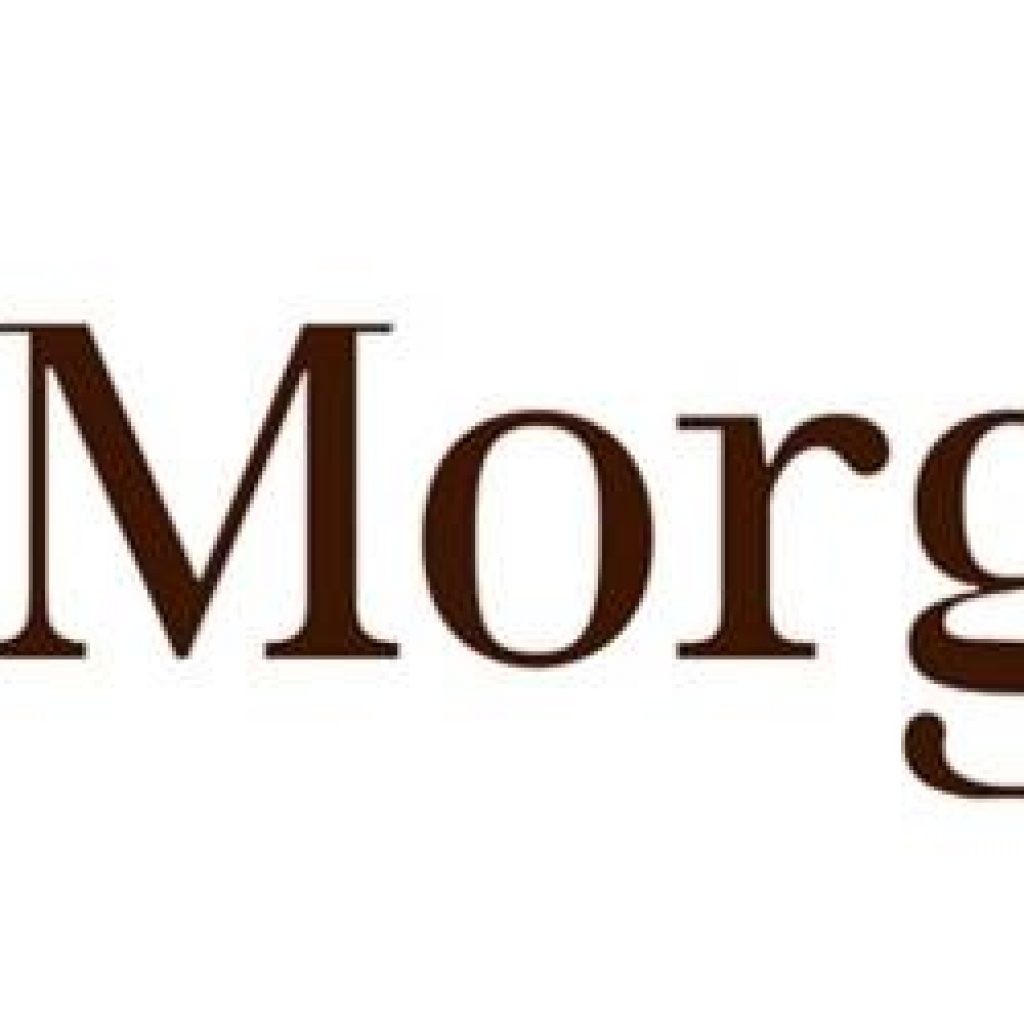(Wired) Banking experts are looking to quantum computing to lower costs and cut down on processing times. From Google on down to smaller startups, developers are working on machines that could one day beat conventional computers at various tasks, such as classifying data through machine learning and inventing new drugs—and running complex financial calculations. Researchers affiliated with J.P. Morgan and IBM have recently figured out how to run a simplified risk calculation on an actual quantum computer.
The researchers demonstrated they could simulate the future value of a financial product called an option. An option is a contract that gives someone the right to buy or sell an asset at a guaranteed price by a certain deadline. Many banks use the Monte Carlo method that models the future as a series of forks in the road to simulate prices of all sorts of financial instruments, including options.
Quantum computers are particularly well suited to this sort of probabilistic calculation, says Stefan Woerner, who led the IBM team. Woerner and his colleagues ran their Monte Carlo calculations using three of the 20 qubits available on their machine. The experiment was too simplistic to be useful for banks, but it’s a promising proof of concept; once bigger and smoother-running quantum computers are available, the researchers say, they hope to execute the algorithm faster than conventional machines.
Big Banks Exploring Quantum Computing
